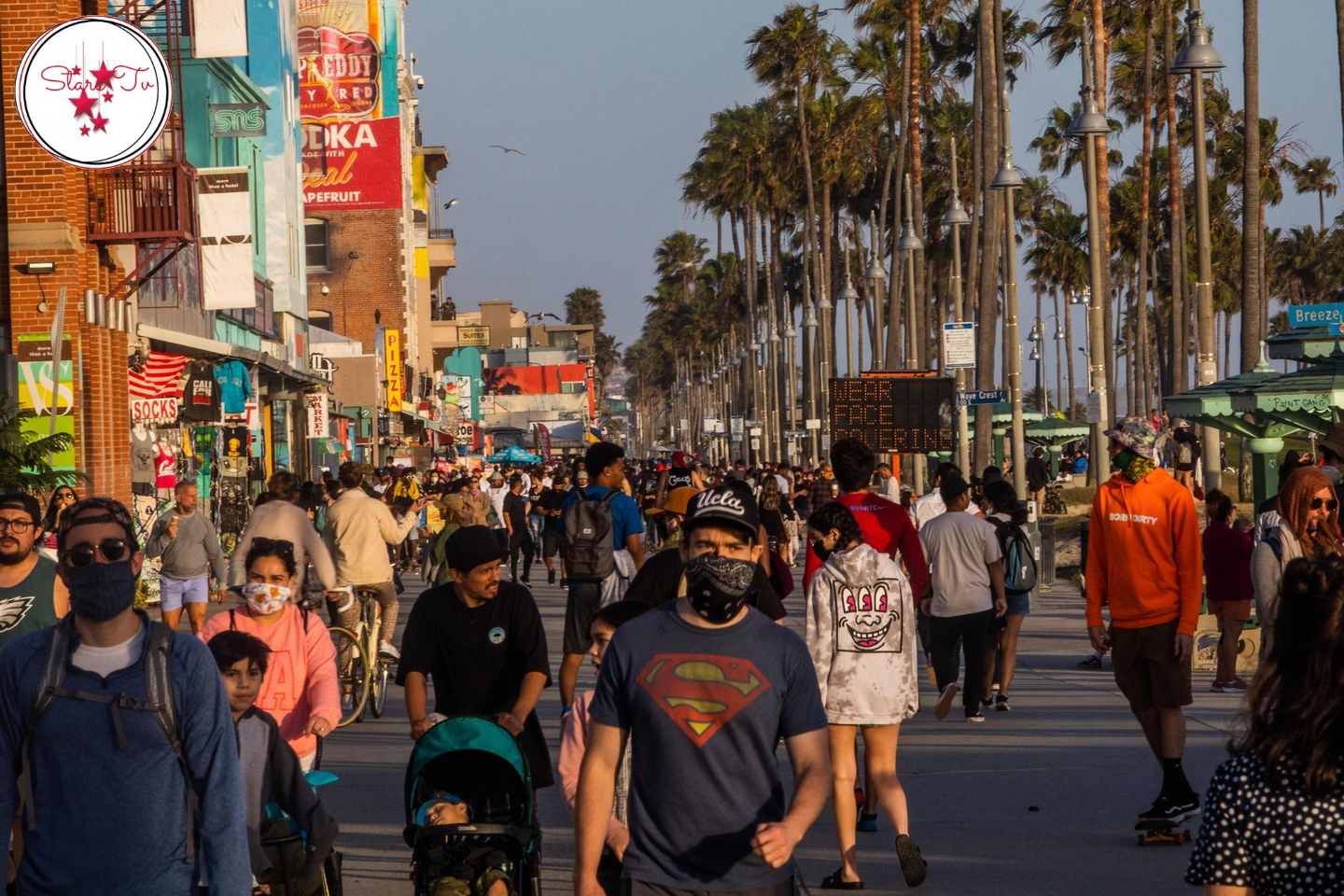On Labor Day, Millions Of Americans Lose Their Unemployment Benefits
Millions of Americans will lose their unemployment benefits on Monday when three federal programs come to an end.
This week, more than 8 million people who are unemployed in the United States will lose all of their benefits. The exact amount varies depending on who is counting, with some estimating 7 million and others closer to 9 million.
In addition, over three million people will lose a $300 weekly supplement on their jobless payments from the state. Whatever the exact numbers are, it means that millions of people in the United States may find it difficult to make ends meet at a time when COVID-19 infections are on the rise across the country, spurred by the highly contagious delta version.
Although there are signs that the spread of the delta variant is cooling hiring and could slow overall economic growth, President Joe Biden has stated that states can use federal funds to extend jobless benefits beyond Labor Day. However, no state has expressed interest in doing so. In August, the economy added only 235,000 jobs, far fewer than experts had predicted and the weakest increase since January.
While some lawmakers are eager to stop benefits, saying that doing so will help fill the country's record 10 million job opportunities, history has shown that the effect isn't always instantaneous. States that reduced unemployment benefits earlier in the summer saw little improvement in their labor markets.
The benefit cuts come as the number of persons seeking for unemployment benefits has decreased to its lowest point since the outbreak began in March of last year. However, according to the Associated Press, the number of persons losing benefits is far more than in past occasions when unemployment benefits were increased. Jobless help was extended to 99 weeks after the Great Recession of 2008-2009, although only 1.3 million people were receiving it by the time it expired.





.jpeg)



.jpeg)
